Research and Policy Media Relations Manager
Gavin draws on more than 25 years of experience in communicating about science, medicine and health policy. She focuses mainly on the health services research done by members of the U-M Institute for Healthcare Policy and Innovation, who work to understand and improve the safety, quality, equity and affordability of health care. As part of the Michigan Medicine communication team, she has lead responsibility for primary care and mental health topics. Contact: [email protected]; Twitter: @Karag


Health Lab
As funding for basic science research and education stalls in the U.S. and other countries, competition from China is skyrocketing, a new study finds.
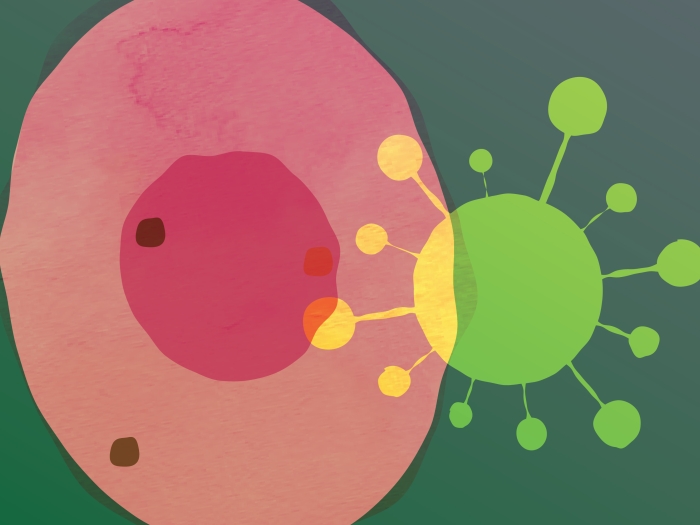
Health Lab
Polyomavirus harnesses cellular “motors” to bring together the supplies that can build a portal for itself, researchers show.
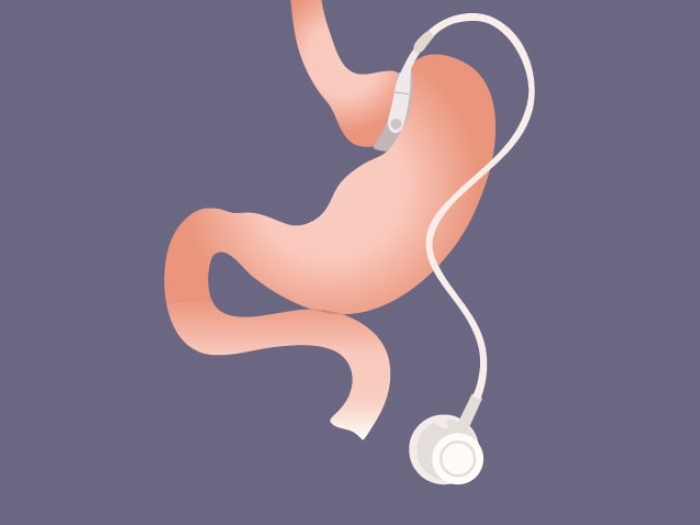
Health Lab
Nearly 1 in 5 patients with a lap band undergoes multiple device-related reoperations, and complication rates range widely among hospitals, new research finds.
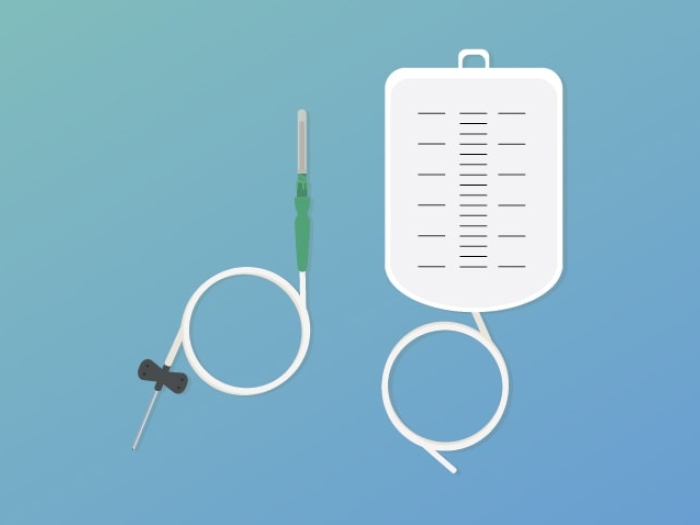
Health Lab
A collaborative approach with external coaching support makes gains and holds potential to be used for other patient safety issues, researchers say.

Health Lab
For the first time, researchers connected two different types of DNA snippets to identify individuals. This could help researchers across many fields — but isn’t without risk.
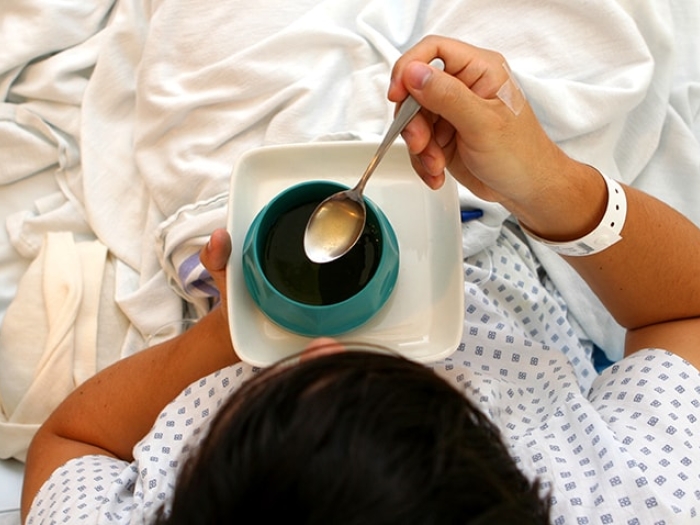
Health Lab
Common practice keeps hospitalized pancreatitis patients away from food or IV feeding. But a new analysis finds earlier nutrition might help patients with mild cases recover and go home.

Health Lab
Learn more about how healthcare legislation can affect children, like Jimmy Kimmel's son, who are born with a congenital heart disease.

Health Lab
As palliative care and hospice use grow and cost pressures continue, new studies probed variation in care and referrals — and found opportunity.

Health Lab
When a prominent journal added eye-catching, data-driven graphics to its tweets about research papers, nearly three times as many people clicked the links to read the full study.

Health Lab
Tissue and blood samples taken from patients can hold the keys to biomedical discovery. But the research community must consider patient privacy, a new perspective says.
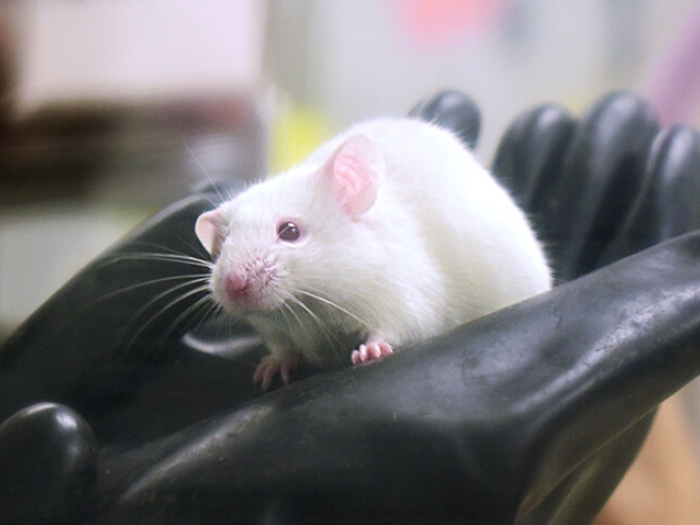
Health Lab
Why do so many babies fall victim to infections that invade the gut, but others don’t? Research in germ-free mice yields important clues.
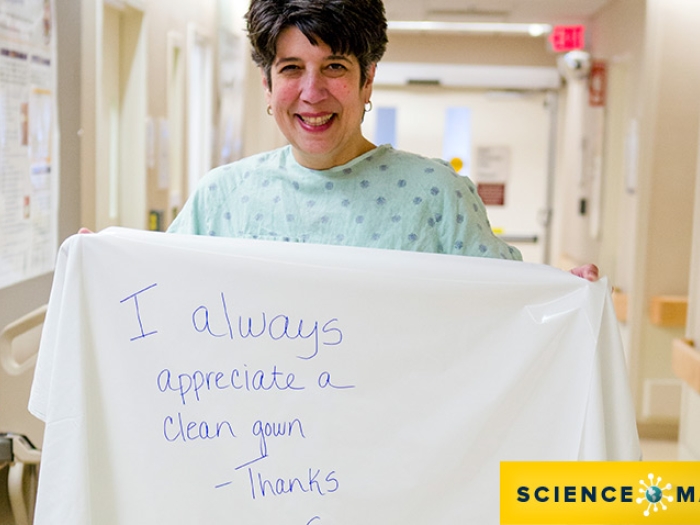
Health Lab
A patient with chronic pancreatitis is helping shape research on vascular access devices — and much more — at Michigan Medicine.
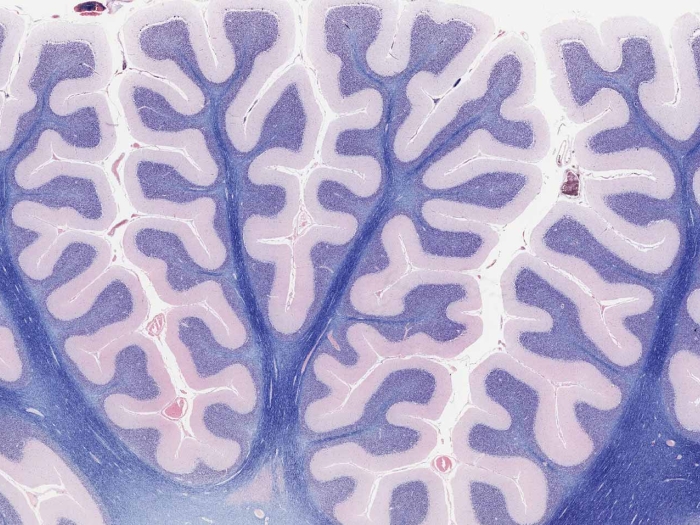
Health Lab
When it comes to understanding the human body, seeing is believing. Now, a new website allows teachers and students anywhere to look through a “virtual microscope.”

Health Lab
Many adults take corticosteroids for short-term symptom relief — but providers may want to consider possible side effects more closely.

Health Lab
For some surgery patients, a prescription to ease postoperation pain leads to continued opioid use months afterward.